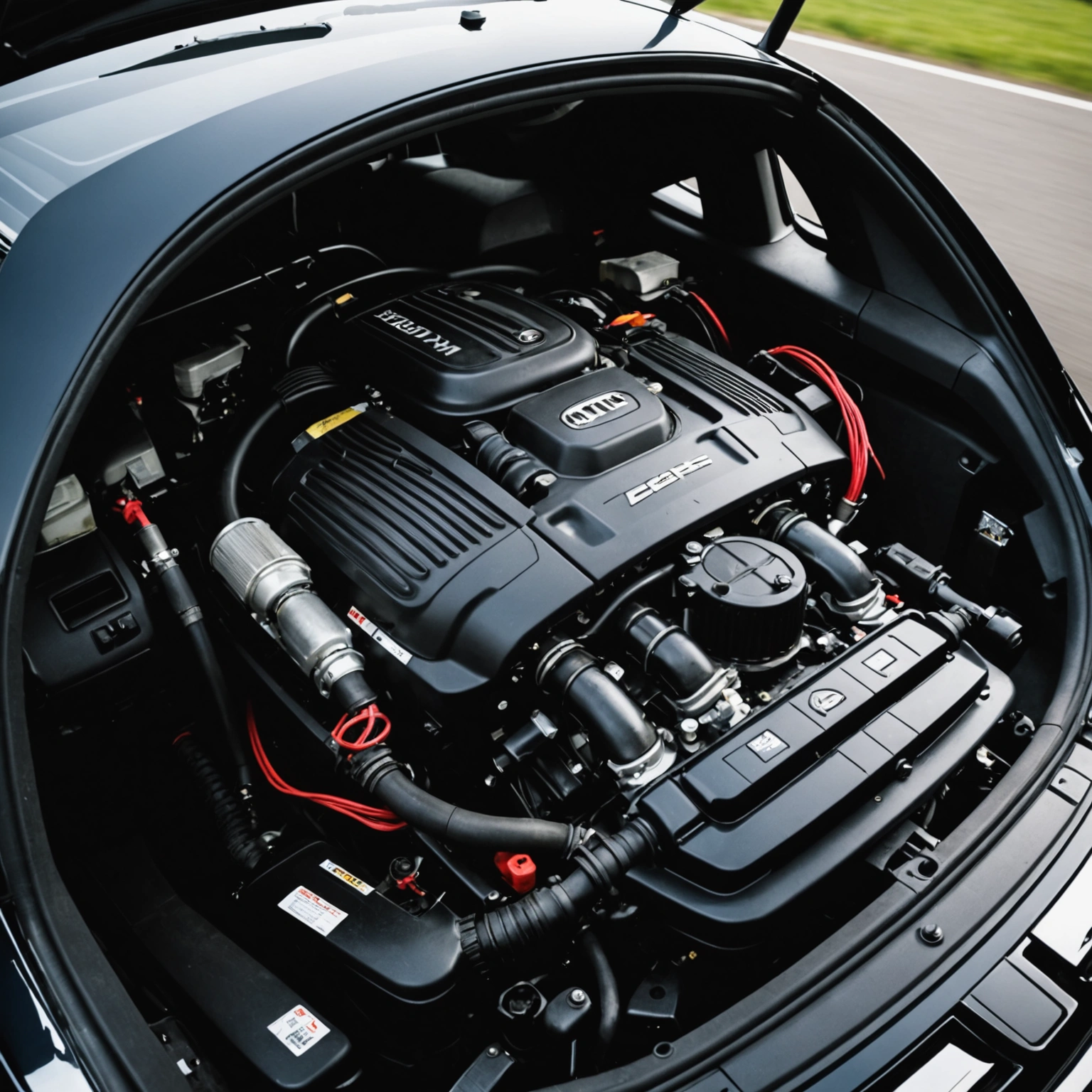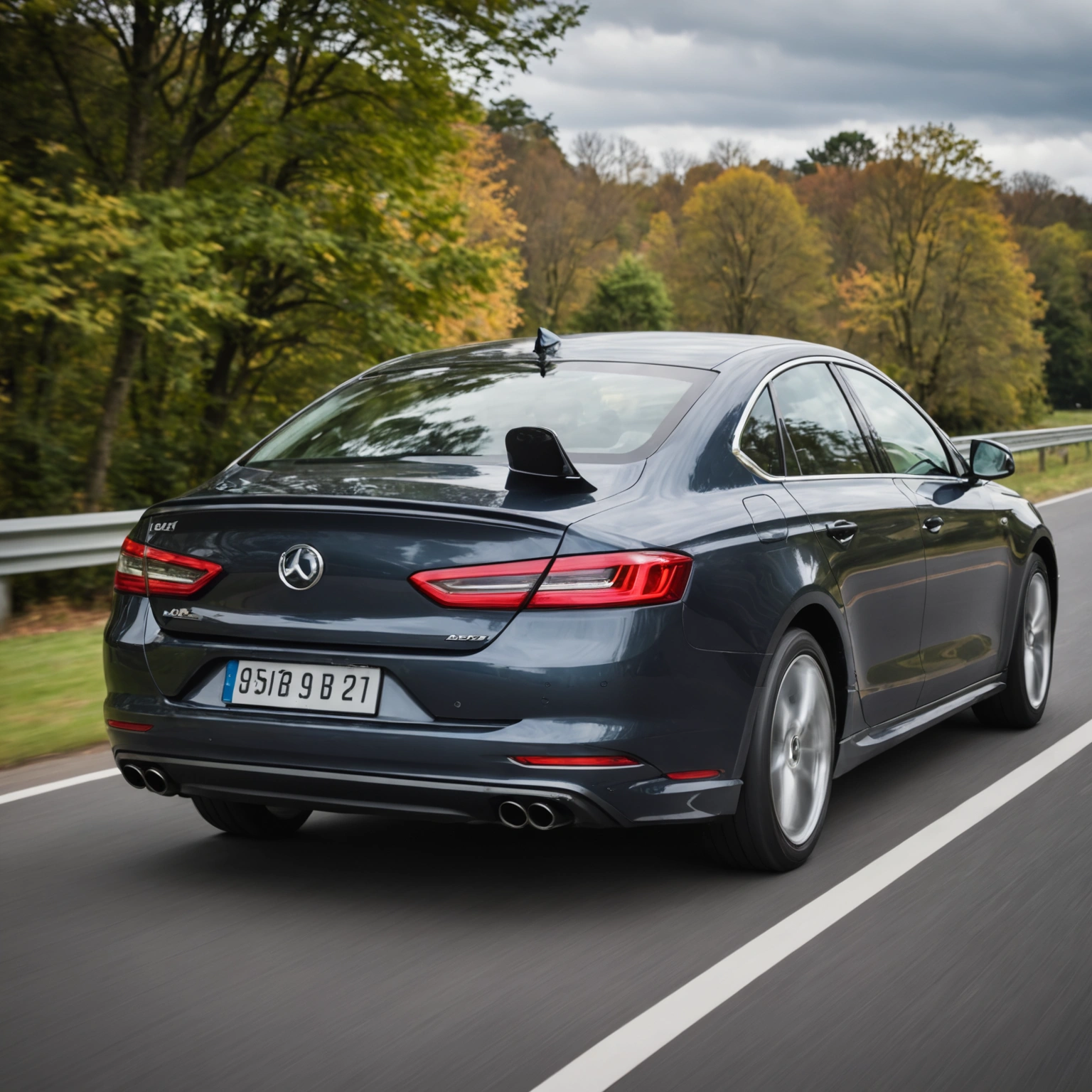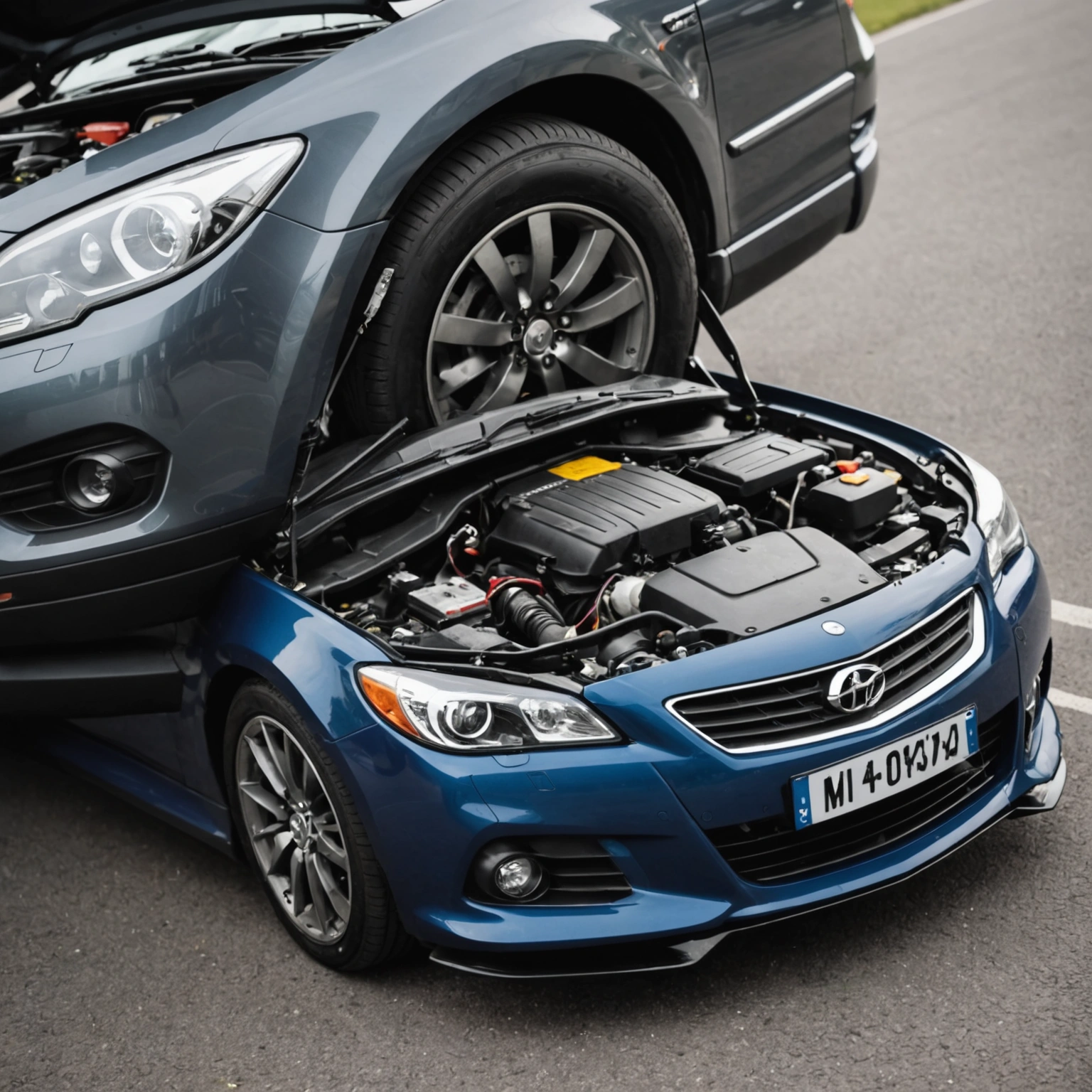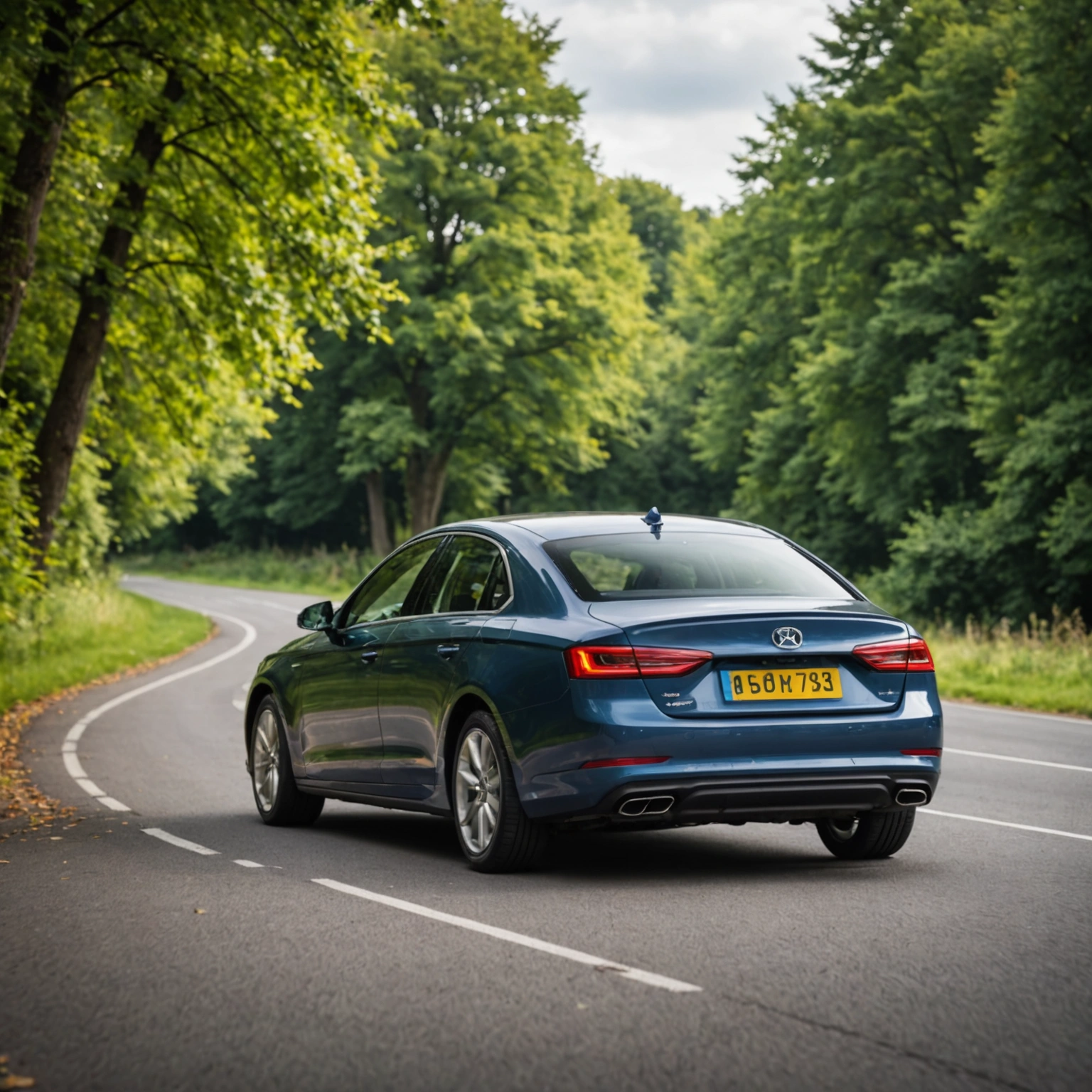**Why Does My Car Make a Noise When I Accelerate? Exploring Common Causes and Solutions**
If you’ve noticed your car making unusual noises when you accelerate, you’re not alone. This common issue can stem from a variety of causes, each indicating different underlying problems. Understanding why your car makes noise during acceleration can help you identify the problem early and take appropriate action to keep your vehicle running smoothly.

### Common Reasons for Noise During Acceleration
1. **Exhaust System Issues**

The exhaust system, including components like the muffler and catalytic converter, is designed to quiet engine sounds and direct exhaust gases safely out of the vehicle. If there’s a leak or damage in these parts, you might hear hissing, roaring, or loud exhaust noises when accelerating. A damaged muffler, for example, can cause increased noise levels and reduced fuel efficiency.

2. **Worn or Damaged Belts and Hoses**

Your engine relies on various belts (such as serpentine belts) and hoses to operate smoothly. Worn or loose belts can slip or squeal during acceleration, producing a high-pitched noise. Similarly, cracked or damaged hoses can cause hissing sounds or other irregular noises.
3. **Engine Misfire or Combustion Issues**
Misfiring engines can produce knocking or popping sounds when accelerating. This could be due to faulty spark plugs, ignition coils, or fuel injectors. An engine misfire not only causes noise but can also lead to reduced power and fuel economy.
4. **Transmission Problems**
If your vehicle has an automatic transmission, issues such as low transmission fluid or worn-out components can cause whining or grinding noises during acceleration. Manual transmissions may produce similar sounds if the clutch is slipping or the gearbox is damaged.
5. **Intake System Leaks**
A leak in the intake manifold or vacuum system can cause a hissing or sucking noise during acceleration. This can affect engine performance and should be inspected promptly.
6. **Suspension or Wheel Issues**
Although less common, certain suspension or wheel bearing problems may produce noises that seem to occur during acceleration or changes in speed. For example, worn wheel bearings can cause humming or grinding sounds.
### What Should You Do if Your Car Makes Noise When Accelerating?
– **Listen Carefully:** Try to identify the type of noise—hissing, squealing, knocking, or grinding—as this can help diagnose the problem.
– **Check for Visible Issues:** Look under the vehicle for leaks, damage to the exhaust system, or loose belts.
– **Monitor Other Symptoms:** Note if there are changes in acceleration, fuel efficiency, or handling.
– **Schedule a Professional Inspection:** If you’re unsure or if the noise persists, it’s best to have a qualified mechanic diagnose and repair the issue promptly. Ignoring these sounds can lead to more severe damage and costly repairs down the line.
### Preventative Tips
– Regularly maintain your vehicle according to the manufacturer’s schedule.
– Check and replace belts, hoses, and filters as recommended.
– Keep an eye on fluid levels, especially transmission and engine oil.
– Pay attention to unusual sounds or changes in vehicle behavior early on.
—
**In Summary**
A noise when accelerating can be caused by various issues—from exhaust leaks and belt problems to engine misfires and transmission troubles. Addressing these noises early can prevent further damage and ensure your vehicle remains reliable and safe on the road. If you’re ever in doubt, consult with a professional mechanic who can perform a thorough diagnosis and keep your car running smoothly.
—
*Need more tips on vehicle maintenance? Subscribe to our blog for the latest automotive advice and updates!*

